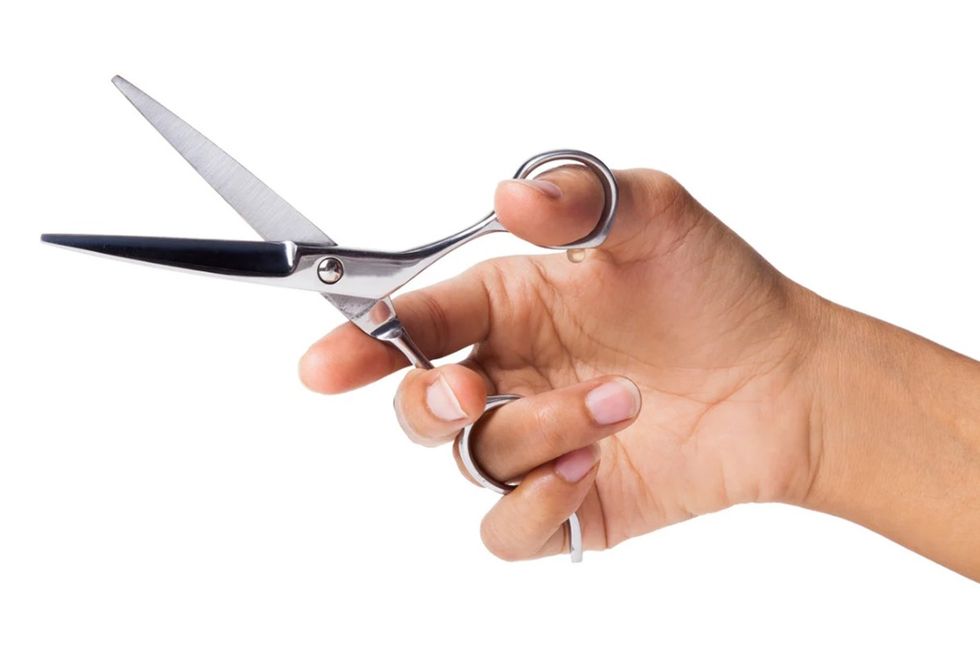I’m a visual learner, and I feel uncomfortable when I’m socially adrift, so I’ve never been a big fan of unwritten rules. In my estimation, if something is important enough to qualify as a rule, it’s probably best to write it down somewhere—in bold, in large font, in a document everyone can absorb. That said, we do live in a world dominated by subtle customs and niceties, and we probably couldn’t even agree on what rules should make the cut.
Which brings us to the fine strangers of the Internet, who recently engaged in a productive debate: "What’s the dumbest 'unwritten rule' that should be done away with?'" It’s a funny conversation but also a deep one—and the responses touched on everything from finances to family.

One of the top arguments on the thread, posted in r/AskReddit, is scrapping the idea that "you have to defend your friends, even when they’re wrong." Someone replied, "If they did something shitty, it’s not my job to lie to others and cover it up for them. The most I can do is stay out of it and let them deal with it themselves." And another Redditor extended that argument to family: "People that value loyalty above all else are that way because they do awful shit and don’t want repercussions."
Elsewhere, Redditors debated an eternally triggering topic. "Tipping," one user wrote. "Not because they don’t deserve it but because it’s bullshit to pass the anxiety to the consumer instead of just paying your fucking employees correctly." One person wrote that they only tip in certain contexts—a mom and pop diner would be different than a Starbucks. And someone else noted that the entire act of tipping, even on an interpersonal level, is just uncomfortable: "Tipping puts stress on me," they wrote. "I want to see a price and pay that price. I’m an awkward person and don’t like the interaction of tipping. I’d much rather that you charge me a price you think is fair, even if that means raising your prices 20%."

Then there’s the idea that we "can’t talk to coworkers about salary." The exchanges are fascinating: One person argued that "talking to anyone about salary has been engrained as a faux pas forever," working out to be "in the employer’s favor." Someone else noted that they’re open about their earnings, ensuring that they aren’t being exploited at the workplace: "I used to work in a creative industry, and we always discussed salaries so we knew we were being compensated fairly. We were not!"
On that note: While it might feel weird (for multiple reasons) to talk salary with a coworker, it’s important to know about the National Labor Relations Act. "Under [the Act], employees have the right to communicate with their coworkers about their wages, as well as with labor organizations, worker centers, the media, and the public," reads a description on the NLRA site. "Wages are a vital term and condition of employment, and discussions of wages are often preliminary to organizing or other actions for mutual aid or protection. If you are an employee covered by the Act, you may discuss wages in face-to-face conversations, over the phone, and in written messages. Policies that specifically prohibit the discussion of wages are unlawful as are policies that chill employees from discussing their wages."

















 A grieving fatherRepresentative photo by Canva
A grieving fatherRepresentative photo by Canva A woman takes in a beautiful sunsetCanva
A woman takes in a beautiful sunsetCanva Holding hands with a loved one.Canva
Holding hands with a loved one.Canva




 Lonely dog waits for owner.
Lonely dog waits for owner.  Commenters were in supportImage via Reddit
Commenters were in supportImage via Reddit Commenters on Reddit.Image via Reddit
Commenters on Reddit.Image via Reddit Dogs can detect with something new is going on.Canva
Dogs can detect with something new is going on.Canva
 A pair of scissors.
A pair of scissors. A can opener opening a tin can.
A can opener opening a tin can. Jimi Hendrix playing on stage.Public Domain
Jimi Hendrix playing on stage.Public Domain A man handing over $20 in cash.
A man handing over $20 in cash. A person using a power saw.
A person using a power saw.
 Steve Jobs in his traditional work ensemble.
Steve Jobs in his traditional work ensemble.